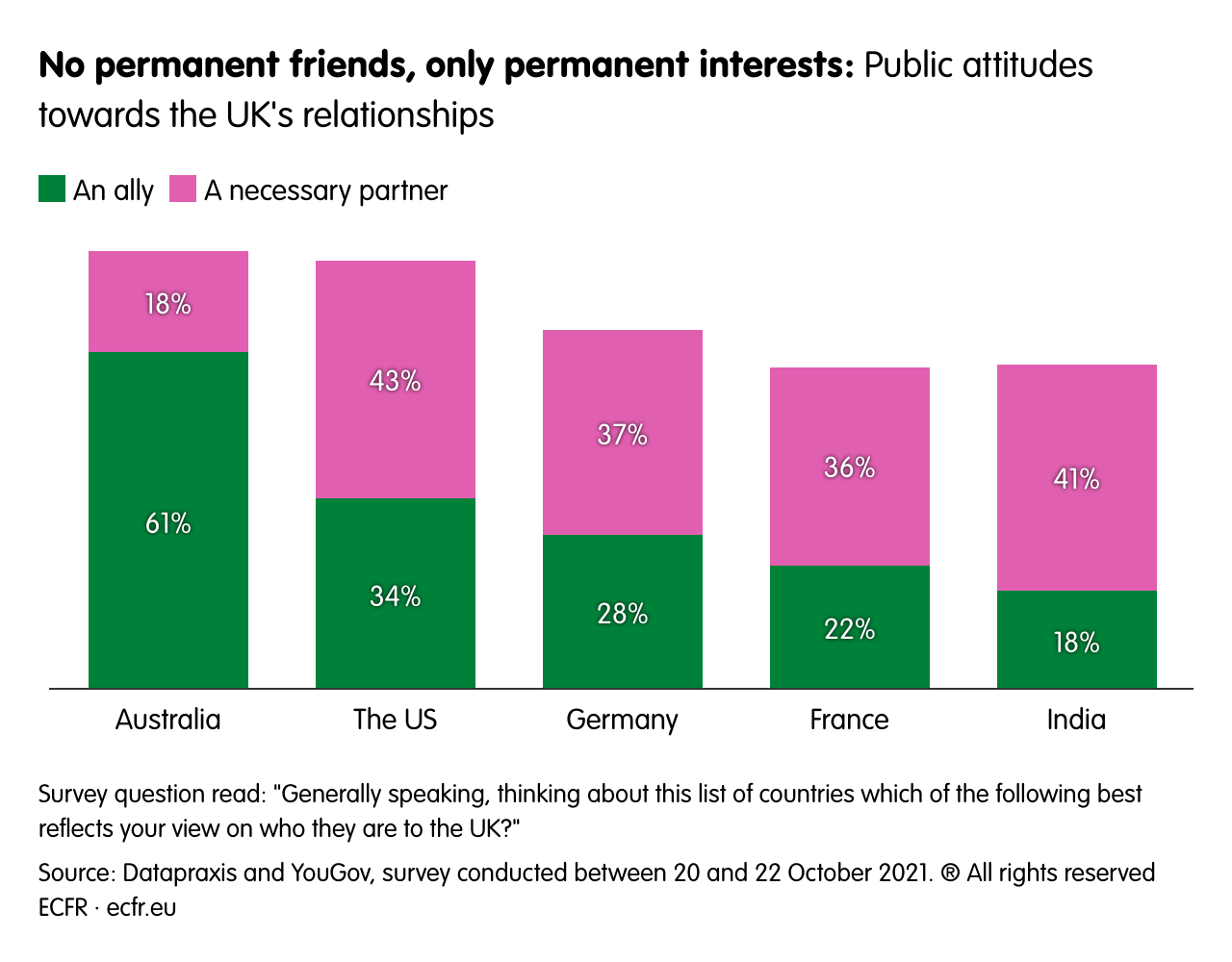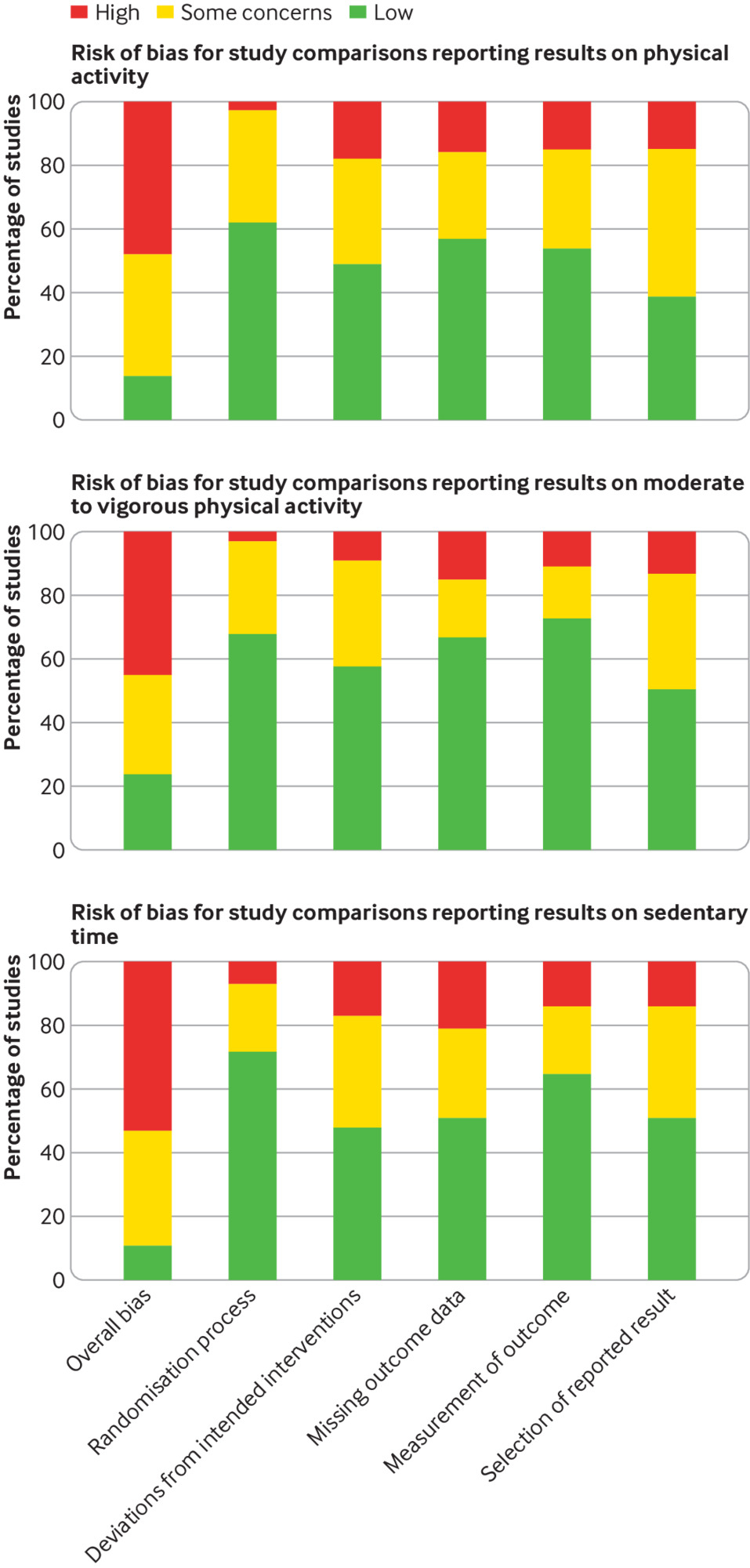The Covid-19 pandemic continues its seemingly endless march across the globe, with the virus variants and their sub-lines still walking the ramp while creating surprises with fresh spike protein outfits and changes in other antigen accessories. While face masks and vaccines strive to slow the pandemic and reduce deaths, there are concerns about survivors manifesting the long-term effects of the infection, even after the initial acute phase subsides.
This phenomenon, popularly known as Long Covid, has been seen since the initial waves of 2020 and seems to continue with the variations of 2021. It is necessary to assess how much of this prolonged affliction occurs with the Omicron family of variations still, since the initial period. illnesses caused by them were reported to be less severe. That may be because the virus has abated its virulence or because its effects have been blunted by the immunity acquired from a previous infection or vaccination. In either case, the risk of Long Covid appears to be less with Omicron than with earlier forms of the virus.
The definition of Long Covid has taken time to evolve. The World Health Organization (WHO) defines it as symptoms attributable to Covid that manifest three months after the acute infection. According to WHO, “The post-Covid 19 condition occurs in individuals with a history of probable or confirmed SARS-CoV-2 infection, usually three months from the onset of Covid-19 with symptoms lasting for at least two months and they cannot be. be explained by an alternative diagnosis.” The Centers for Disease Control (CDC), USA, considers that symptoms that last beyond four weeks after the acute illness are a sign of Long Covid. The British National Health Service (NHS) categorises subsets as ‘persistent symptomatic Covid-19’ (4-12 weeks) and ‘post-Covid-19 syndrome’ (over 12 weeks).
Scientific reports, published from all over the world, vary in their estimates of Long Covid depending on which criteria they use. A recent CDC analysis, of millions of health records, identified an estimated 20 percent of this affliction among Covid survivors. That could have lost people who could not or would not be able to access health care for various reasons. An earlier CDC household survey, reported in June this year, reported a rate of one in three people. A meta-analysis of combined global data from several studies, published in March 2022, places the prevalence of Long Covid at close to 50 percent of all survivors. Whatever the actual percentage, the overall numbers are of great concern as the health and well-being of large numbers of Covid survivors appear to be at risk.
The long-term health effects of Covid can result from one or more of the following causes: (1) the effects of the organ damage directly caused by the virus; (2) the residual effect of injury caused by the vigorous immunological response mounted by the body in combating the virus; (3) exacerbation of other related health conditions, especially diabetes, due to inflammation caused by Covid; (4) neglect of other health conditions by medical care focused solely on controlling Covid; (5) side effects of medicines and technologies used for Covid care, such as steroids and psychological stress caused by intensive care. Reactivation of latent infection with the Epstein-Barr virus has also been incriminated as a cause of Long Covid.
Since chronic fatigue has been noted with some other viral infections, and long-term illness has also been observed with the SARS-1 and MERS-related Coronavirus, it appears that much of the Long Covid is related to the interaction between the virus and the human body. . The early tendency of doctors to dismiss the complaints of Covid survivors as purely psychological has proven to be an erroneous and unfair assessment.
Several clinical features of Long Covid have been described, including disorders of different organs – from the brain and heart to the gastrointestinal system and pancreas. Apart from direct tissue damage caused by the virus, there is some evidence to suggest that the tenth cranial nerve (The Vagus) may be affected. It is the longest cranial nerve, so named because it is the ‘wanderer’ that runs from the brain to the chest and abdomen to innervate and regulate many vital organs.
Although Long Covid can affect a number of organs and body functions, its effect on the heart and blood vessels has attracted considerable attention. Inflammation of the heart muscle (‘myocarditis’) can result from either the direct effect of the virus damaging the muscle fibers or as a result of an immunological injury caused by the body’s own defences. The pericardium, which is a membrane that covers the heart, can also be inflamed (‘pericarditis’). Heart muscle damage has been found in people who have died from Covid. Among survivors, evidence of cardiac involvement comes from increased blood levels of enzymes released by damaged heart muscle, reduced heart muscle pumping capacity noted by echocardiography or radionuclide imaging, and evidence of observed muscle fiber damage by magnetic resonance imaging (MRI). Impaired cardiac function is reflected in symptoms of fatigue, reduced exercise tolerance and deep burning chest pains, although clinical signs of heart failure are rare in people without pre-existing heart disease .
It is difficult to quantify the incidence of cardiac involvement with Covid as only a proportion of the Covid survivors could be evaluated in detail. In the time before Omicron, Valentina Puntmann in Frankfurt studied 100 patients in a row, about 10 weeks after they tested positive for the virus. They performed a cardiac MRI, with a gadolinium contrast agent. They observed cardiac abnormalities in three out of four patients. Impaired pumping action of the heart, inflammation or fibrosis of the heart muscle and pericarditis were among the findings. Most patients recovered in six months, although in a few the symptoms lasted up to a year.
Abnormalities of the heartbeat can also occur. The vagus nerve, which has a slowing effect on the heart rate, normally keeps the heartbeat under control. With that inhibitory effect gone and a stressed body pumping out adrenaline and other catecholamines, the heart can start racing. This can be worsened when a person is standing — a condition known as Postural Orthostatic Tachycardia Syndrome (POTS). In this affliction, the heart rate rises more than 30 beats in adults and more than 40 beats in children, within 10 minutes of standing up. Irregular heartbeats can also occur (‘missing beats’ or ‘arrhythmias’).
The heart can also become stressed when Covid affects the lungs. Pulmonary fibrosis creates more resistance to the heart when it pumps blood to them and the damaged lungs also do not efficiently oxygenate the blood returning to the heart. Blood clots that are formed due to damaged blood vessels in the acute phase of Covid can later leak when the person becomes active. When clots from the veins travel to the blood vessels of the lungs (‘pulmonary embolism’), they can cause a serious collapse of the circulation. Due to blood vessel damage and an increased tendency to form clots, Covid survivors still exhibit an increased risk of heart attacks even a year after the initial infection.
The inner lining of blood vessels (endothelium) is a dynamic structure, which responds to varying conditions of blood flow demands by helping the artery to dilate or constrict while maintaining blood pressure in a desired range. Covid has led to endothelial dysfunction, leading to the loss of the ability of blood vessels to dilate when needed. This can lead to high blood pressure, accelerated atherosclerosis and heart attacks. Covid has also been seen to increase the risk of long-term erectile dysfunction in men, due to the loss of endothelial vasodilation in the blood vessels of the male genitalia.
Although a number of heart and blood vessel disorders have been observed in Long Covid, there is no need to fear that the majority of Covid survivors will experience them or that their effects will be permanent. Many people who manifest the effects of Long Covid get better over time, especially if the initial infection was mild and there is no re-infection. The time taken to recover will vary depending on the severity of the initial infection, the person’s age and associated co-morbidities. It is best to avoid the risk of infection by wearing masks as advised and getting vaccinated to avoid serious illness that could set the stage for Long Covid. There are no specific treatments yet available but the study of Long Covid is still a developing field. At the moment, ‘mask up’ and ‘get vaccinated’ is the best preventative advice.
(Professor K. Srinath Reddy, a cardiologist and epidemiologist, is the President of the Public Health Foundation of India (PHFI). The views expressed are personal)
Can COVID-19 vaccine cause myocarditis?
Myocarditis is a rare adverse event associated with receiving COVID-19 mRNA vaccines; overall reporting rates of myocarditis following COVID-19 mRNA vaccination were highest among older men
What are the symptoms of myocarditis from the COVID-19 vaccine? What are the symptoms of myocarditis and pericarditis? Symptoms include chest pain, palpitations (the feeling of the heart beating very fast), and shortness of breath. On the same subject : WHO should reconsider whether smallpox outbreak is a public health emergency of international concern. If your child develops any of these symptoms after receiving the COVID-19 vaccine, contact your pediatrician and seek medical care.
Can COVID-19 vaccine cause pericarditis?
Several cases of myocarditis and pericarditis have been reported after COVID-19 mRNA vaccination. Interestingly, most cases were seen in male adolescents and young adults, commonly after 3-4 days of the second dose of mRNA vaccine.
Is the COVID-19 vaccine safe if you have heart problems?
Not only are the vaccines safe for people with a history of heart disease, they are essential. Read also : Tim Hentschel, CEO of HotelPlanner: How the travel and food sectors can help each other in a post-pandemic world. People with heart disease are at increased risk of serious complications from COVID-19.
Can COVID-19 damage the heart?
Coronavirus can also directly damage the heart, which can be particularly dangerous if your heart is already weakened by the effects of high blood pressure. On the same subject : US travel demand remains strong despite inflation. The virus can cause inflammation of the heart muscle known as myocarditis, which makes it harder for the heart to pump.
How does COVID-19 affect the heart and lungs? SARS-CoV-2, the virus that causes COVID-19, most commonly affects the lungs but can also lead to serious heart problems. Damage to the lungs caused by the virus prevents oxygen from reaching the heart muscle, which in turn damages the heart tissue and prevents it from getting oxygen to other tissues.
Which organ system is most often affected by COVID-19?
COVID-19 is a disease caused by SARS-CoV-2 that can trigger what doctors call a respiratory tract infection. It can affect your upper respiratory tract (sinuses, nose and throat) or your lower respiratory tract (windpipe and lungs).
Does COVID-19 infect heart cells?
When exposed to the virus that causes COVID-19, the researchers showed that heart cells were susceptible to infection. They also showed that the virus can divide rapidly within heart muscle cells.
Is COVID-19 vaccination still necessary, even after getting infected with the virus and recovering?
Evidence is mounting that vaccination after infection strengthens protection and further reduces the risk of re-infection. Therefore, the COVID-19 vaccination is generally recommended for the eligible population, including those who have recovered from the disease.
Do vaccinated people who got COVID-19 have more antibodies to COVID-19? Laboratory research suggests that people with hybrid immunity make higher levels of virus-fighting antibodies than people who are either vaccinated or infected. Their antibodies are also stronger than those in people who have only received their initial COVID-19 vaccines.
Should I get the COVID-19 vaccine if I have recovered from COVID-19?
If I’ve already had COVID-19 and recovered, do I still need to get the COVID-19 vaccine? Yes, you should be vaccinated regardless of whether you already had COVID-19 because: Research has not yet shown how long you are protected from getting COVID-19 again after you recover from COVID-19. Vaccination helps protect you even if you’ve already had COVID-19.
How long does immunity last after COVID-19?
Due to the limited duration of follow-up, it remains unclear how long immune protection lasts after previous infection
Can you get COVID-19 if you already had it and have antibodies?
It is important to remember that some people who have antibodies to SARS-CoV-2 can become infected after being vaccinated (vaccine breakthrough infection) or after recovering from a past infection (reinfection).
Where was COVID-19 first identified?
It was first isolated from three people with pneumonia linked to the cluster of acute respiratory illness outbreaks in Wuhan. All the structural features of the new SARS-CoV-2 virus particle occur in related coronaviruses in nature.
Where did the outbreak of COVID-19 first occur? 2019 coronavirus disease (COVID-19) is defined as an illness caused by a novel coronavirus called severe acute respiratory syndrome coronavirus 2 (SARS-CoV-2; formerly known as 2019-nCoV), which was first identified in the midst of an outbreak of of respiratory illness in Wuhan City, Hubei Province, China.
When was the first human coronavirus discovered?
Scientists first identified a human coronavirus in 1965. It caused the common cold. Later that decade, researchers found a group of similar human and animal viruses and named them after their crown-like appearance. Seven coronaviruses can infect humans.
When did COVID-19 start?
December 12, 2019 A cluster of patients in Wuhan, Hubei Providence, China begins to experience shortness of breath and fever.
When was COVID-19 tongue first discovered?
The first mention of a COVID tongue came in 2021 when a British professor of genetic epidemiology tweeted about tongue changes – mainly inflammation – and an increased presence of mouth ulcers among COVID patients.




